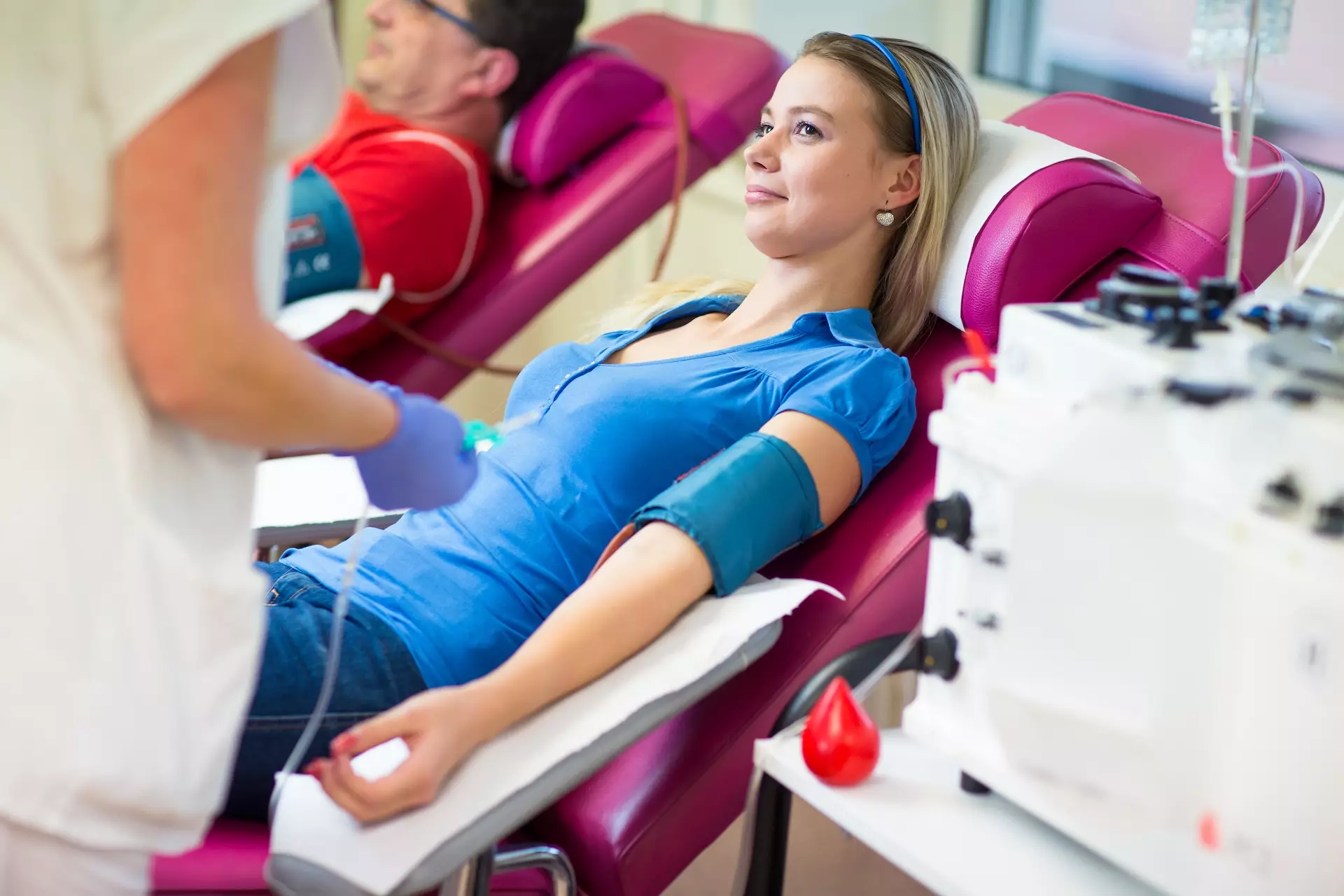
How to Recruit Patients for Clinical Trials
The COVID-19 pandemic and its ongoing aftermath has served to highlight the critical importance of clinical trials, as well as the challenges of conducting them. Investigators continue to cite challenges in fulfilling enrollment quotas as the area of greatest need for improvement in the clinical research process.
How to recruit for clinical trials
As with any public health messaging, how to recruit patients for clinical trials successfully is primarily dependent upon:
- The right message(s)
- Delivered by the right messenger(s)
- In the right way(s)
Clinical trial recruitment is a science, every bit as much as the research involved in the trial itself. Recruitment companies understand this. Each trial is unique. We wouldn’t recruit the same way for a rare congenital disease study as we would for a study involving common symptoms affecting large, diverse populations. Imagine recruiting for research on juvenile glaucoma the same way you would for COVID-19. It wouldn’t work.
The right message
Health messaging, whether for a ‘quit smoking’ campaign or clinical trial recruitment, is about persuading people to take some form of action. To do that, you must be clear about quite a few things:
- Who makes up your target audience,
- What it is you’re asking them to do,
- Why it’s important for them to do it,
- What they can expect to get out of doing it, and
- How they can go about doing it.
How do you go about crafting that message? Simply stating, “Join a clinical trial. It’s good for Science. Click here now,” might get you a couple of clicks from curious viewers, but likely won’t result in the numbers you seek. The message, “Hey, Kids! Free drugs!” might get you a few more clicks, but doesn’t get to the heart of the matter, and health messaging is about heart.
Who, specifically, are the patients you seek as participants? What do they value? What do they fear? In short, why would they, specifically, care?

The right messenger
Assuming that you craft a clear, consistent message that would resonate with your audience, choosing the right messenger could mean the difference between the robust enrollment of interested, eligible participants and empty research sites.
Who does your audience trust and respect? Would potential participants respond well to information from a doctor, pharmacist, or some other member of the medical establishment? Would they be more receptive to a recommendation from a spiritual or religious leader? Perhaps they would be more likely to take action on a suggestion from their hair stylist, nail tech, personal trainer, or music teacher.
Age, cultural, and geographical differences can all play a role in determining who the best messengers are, to ensure that your well-crafted message reaches your intended recipients, both tangibly and psychologically.
The right delivery system
What if you’ve got a potentially resonant message, and a potentially effective messenger, but no strategy for actually getting the message out? Are you going to use email? How many? To whom? And what’s the best timeline for sending them out?
Are ads the best way to go? Where will you place them so that your audience is mostly likely to see or hear them? How do you find the happy medium between message effectiveness and cost effectiveness?
Will you distribute brochures to doctors? Design ads for one or more social media platforms? Which ones? Do you have a team member who knows how to optimize messaging for each platform, regarding voice, tone, visual images, and text-to-image ratio? Would videos be useful? Where would you post them?
The value of clinical trial recruitment partners
For those wondering how to recruit patients for clinical trials, the value of partnering with a recruitment company is manyfold. Recruitment professionals understand people; they are at once social scientists, artists, and communications experts.
At Responsum, for instance, we understand patient experience and the power of relationships that are based on trust. We use our knowledge of digital media to communicate with our community members, but everything we do is informed by our focus on their needs.
When we contract with a client for trial recruitment, we bring all of our knowledge of both patients and marketing principles to the table, saving scientists time, energy, and other resources by:
- Designing and creating customized pre-screening surveys, brochures, email campaigns, social media and blog posts, landing pages, and other literature for IRB approval.
- Promoting the trial through multiple channels and platforms, reaching out to patients, and speaking to their concerns.
- Performing pre-screening activities involving online form collection, phone calls, documentation, follow-up, and referral.
- Engaging in site follow-up and other tasks according to each client’s—and each trial’s—needs, goals, parameters, and specifications.
Recruitment professionals understand that each trial is unique, requiring flexibility and individualized needs assessment. Successful recruitment is critical in order for trials to move forward, add to our collective understanding of diseases, and improve health equity and outcomes. When experts work together, everyone wins.

